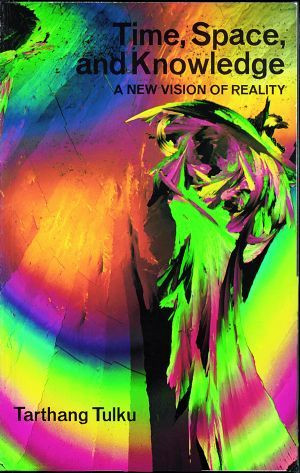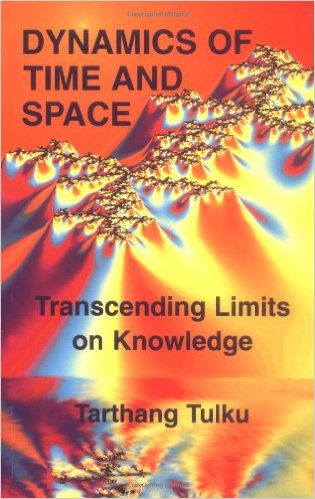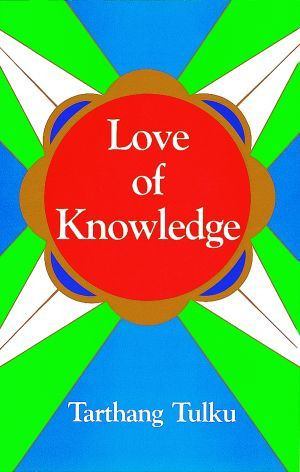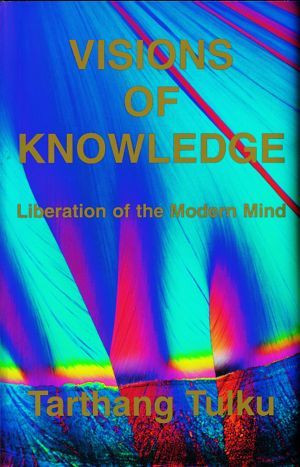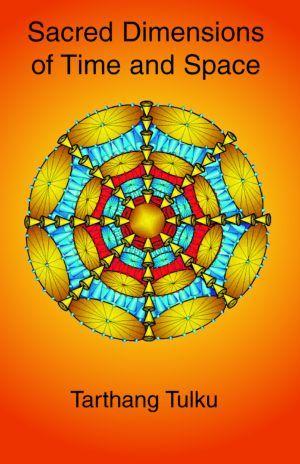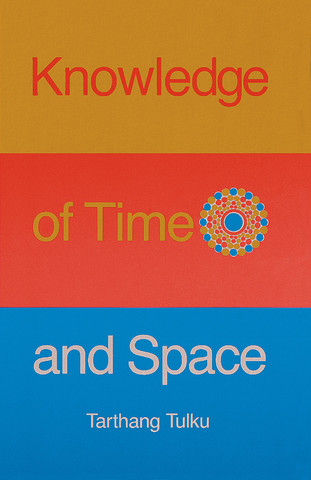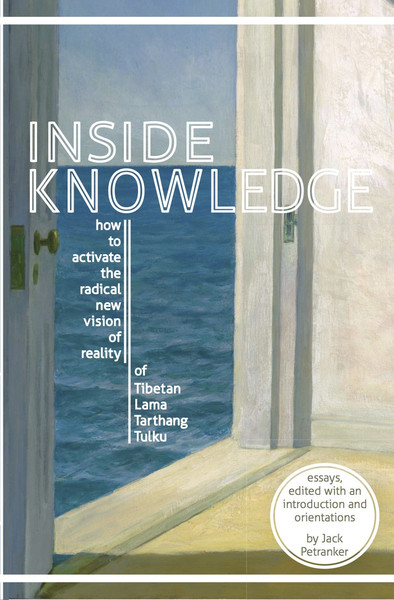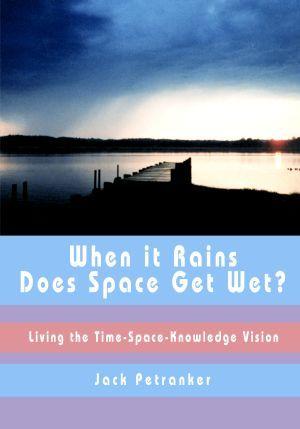What is the Time, Space, Knowledge Vision?
The Time, Space, Knowledge (TSK) vision could be described as a way of seeing the world, a philosophy, a way of practicing mindfulness or meditation, or a way of living. None of these definitions are a perfect fit for TSK, but together they give something of its flavor. The good news is, we don’t have to pick just one, because a feature of TSK is to explore the ways we limit ourselves by relying on labels.
TSK is about pursuing knowledge through active inquiry, rather than through beliefs founded on reasons. Free and open questions can touch knowledge directly. Concepts are useful tools for investigation, but when they become rigid structures—making claims about what is absolute, real, or true—they limit knowledge, encouraging us to take positions that shut down new insights.
In other words, TSK challenges our tendency to assign labels to our experience and then make those labels the basis for limiting it. While our ordinary understanding depends on such definitions, this way of engaging with the world ensures that what is already familiar to us will perpetuate itself, and there will be no opportunities for a new vision to make itself known.
TSK follows no model or doctrine, nor does it structure reality in terms of a hierarchy that proceeds from higher to lower, or good to bad. Anything that shows up in your experience can be a part of this vision. TSK simply asks us to be curious and to rely on wonder and imagination. It invites us to question our most basic assumptions about who we are and what it means to be in the world.

